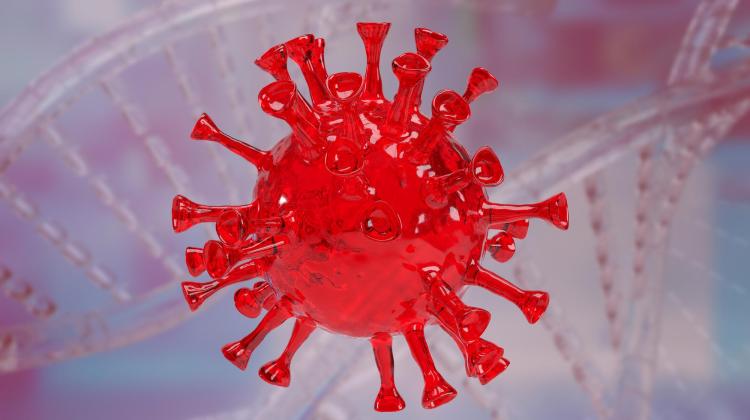These modifications are possible because small functional chemical groups, e.g. acetyl, phosphate or methyl groups, bind to the DNA or the proteins associated with it. You could ask what methyl groups have to do with your diet. Well, green vegetables are rich in folate which is a substrate essential for DNA methylation. Any dietician will tell you that folate is indispensable for your body and therefore, you need to eat green vegetables: lettuce, spinach, chives, and even – oh dear heavens! – sorrel. Severe deficiency of folate means impaired DNA methylation, which may lead to many diseases including cancer, diabetes, obesity and neurodegenerative diseases (Alzheimer’s or Parkinson’s). The study of modifications that occur at the DNA level is known as epigenomics.
Latest research findings show that components of our diets (e.g. milk, raw fruits and vegetables) also contain small molecules of ribonucleic acid (RNA) that have about 20-25 nucleic bases. They are what is called microRNA and they can pass into the bloodstream through blood vessels in the wall of the small intestine, and impact on the function of our genes (another aspect of epigenomics). There is nothing worrying in the process; it is a regular physiological phenomenon, and it is necessary for our genes to function properly. The best example is mother’s milk and the microRNA it contains, essential for healthy development of the newborn.
On the other hand, doubts surround cow’s milk. Cow’s milk contains microRNA similar to human breast milk. Doesn’t it therefore mean that cow’s milk regulates gene activity to a degree greater than we would like to have it? Is there any evidence to confirm negative effects of drinking raw cow’s milk? Is there a difference between pasteurized milk, skim milk, and fermented milk products (yoghurt, kefir, buttermilk)? Although there are currently more questions than answers, in my next blog posts, I will try explain some of them.





